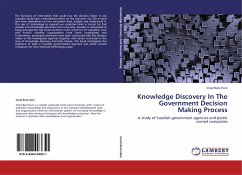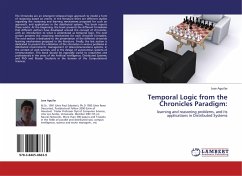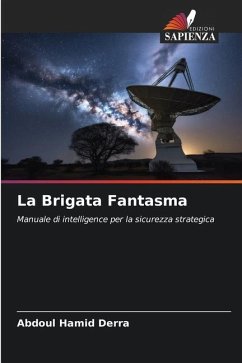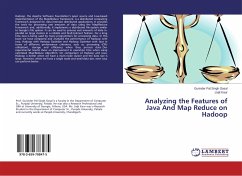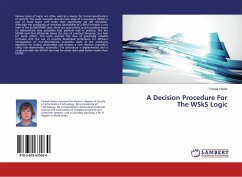
A Decision Procedure For The WSkS Logic
Versandkostenfrei!
Versandfertig in 6-10 Tagen
19,99 €
inkl. MwSt.

PAYBACK Punkte
10 °P sammeln!
Various types of logics are often used as a means for formal specification of systems. The weak monadic second-order logic of k successors (WSkS) is one of these logics with quite high expressivity, yet still decidable. Although the complexity of checking satisfiability of a WSkS formula is not even in the ELEMENTARY class, there are approaches to this problem based on deterministic tree automata that perform well in practice, like the MONA tool that efficiently solves the class of practical formulae, but fails for some others. This work extends the class of practically solvable formulae with ...
Various types of logics are often used as a means for formal specification of systems. The weak monadic second-order logic of k successors (WSkS) is one of these logics with quite high expressivity, yet still decidable. Although the complexity of checking satisfiability of a WSkS formula is not even in the ELEMENTARY class, there are approaches to this problem based on deterministic tree automata that perform well in practice, like the MONA tool that efficiently solves the class of practical formulae, but fails for some others. This work extends the class of practically solvable formulae with the use of recently developed techniques for efficient manipulation of non-deterministic automata (such as the antichains algorithm for testing universality) and designs a new decision procedure using non-deterministic automata. The procedure is implemented and is compared with the MONA tool and for some cases yield better results than MONA.





